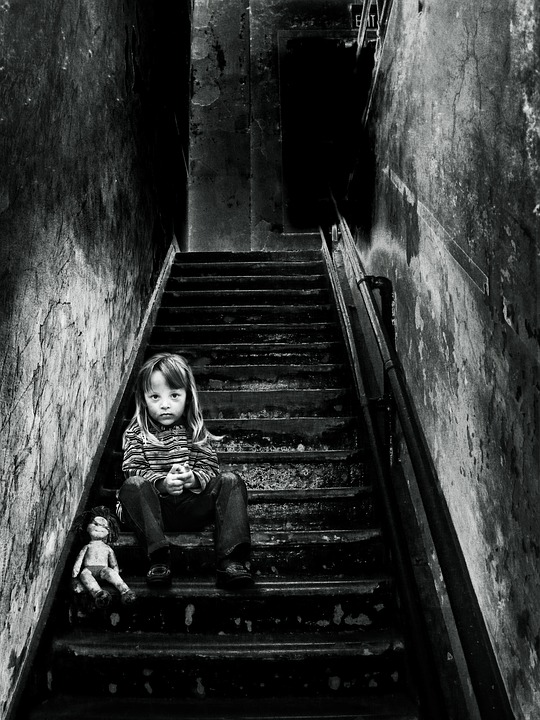Anxiety-related concerns are among the most common presenting problems for school-age children and adolescents with autism spectrum disorder (ASD) in clinical settings. The current study examined the relationship between anxiety and gastrointestinal (GI) symptoms, sleep problems, and challenging behavior in a sample of children and adolescents with ASD, aged 6 17 years. Parental measures were completed by 109 parents of children and adolescents with ASD. Significant positive correlations were found between anxiety and GI symptoms, and anxiety and sleep problems. A hierarchal linear regression indicated that demographic variables, GI symptoms, sleep problems, and challenging behavior accounted for 34% of the variance in anxiety, with sleep, severity of self-injurious behavior, age, and diagnosis of intellectual disability emerging as significant predictors. The findings suggest that these factors should be considered during clinical practice as they may serve as important alerts for clinicians to consider assessing for anxiety disorders. Future research should investigate these variables further by examining their associations with specific types of anxiety disorders.
